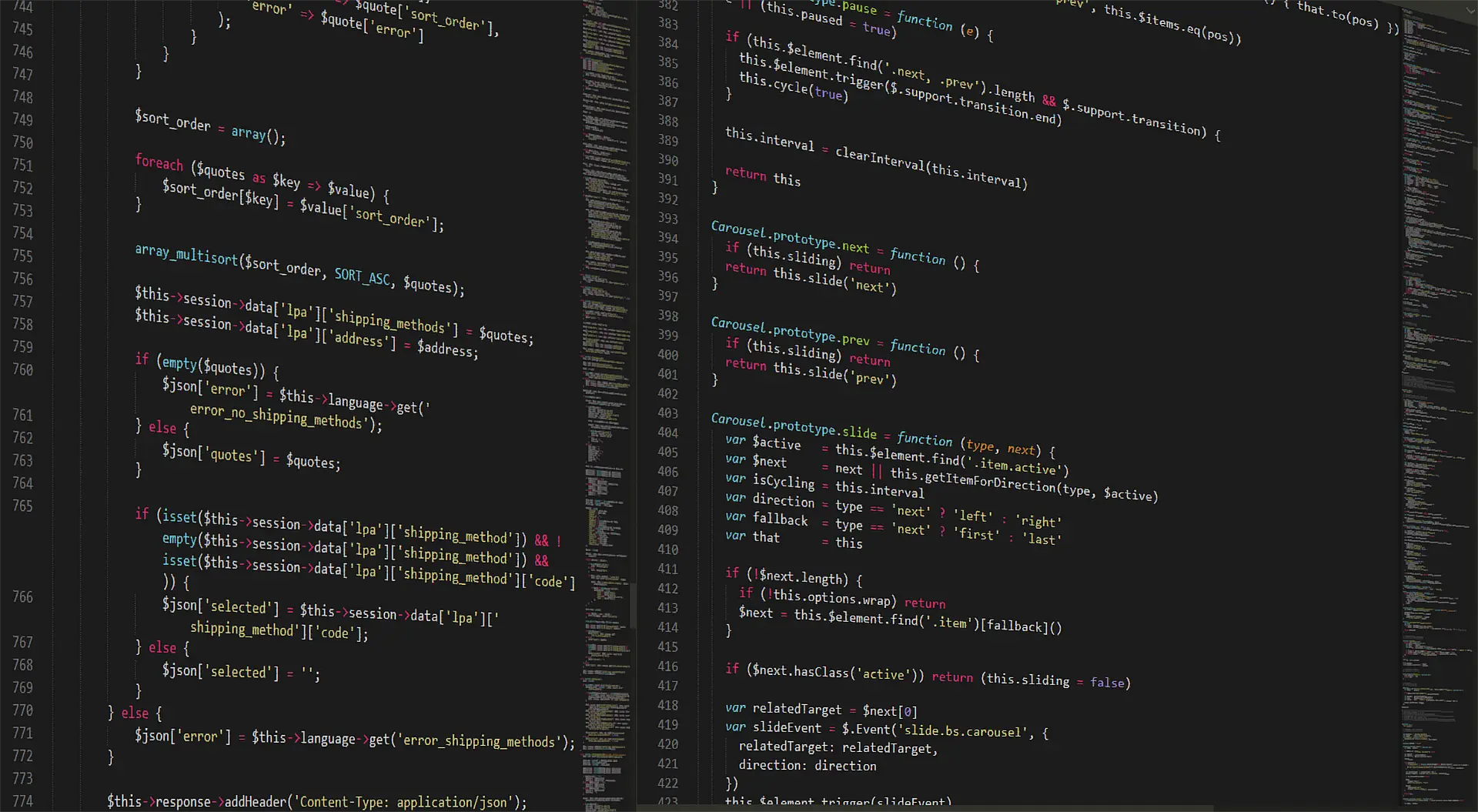
Aleksa Simic
December 19, 2025
•
8 min
Suppose you’re a CTO, mobile lead, or technical PM. In that case, you know the frustration: every new project starts with the same repetitive setup, onboarding juniors takes forever, and messy or inconsistent code slows down the whole team. It’s easy to feel stuck, like you’re running in circles instead of moving forward.
Here’s the good news: you don’t need to hire more developers to speed up development. Tools like MobileKit are built specifically to help teams like yours get past these bottlenecks
If you’ve ever wondered why mobile projects seem to drag on, you’re not alone. Even experienced teams struggle to increase development speed without hiring more devs because of repetitive setup and inconsistent processes.
Every app requires creating login flows, navigation structures, API integrations, and basic modules. All these are tasks that are essential but don’t add value to the final product. This repetitive work spends your team’s time and makes it hard to speed up app development.
Another challenge is onboarding new or junior developers. Without a consistent and clear project structure, it can take days just to understand where everything lives in the codebase. This slows down the whole team, reduces mobile team efficiency, and makes it harder to deliver MVPs faster.
Inconsistent coding practices across different projects also create hidden headaches. Some apps may follow one set of patterns, while others follow another. Maintaining code quality across multiple projects becomes a juggling act, which makes it difficult to accelerate app development without additional resources.
Finally, many teams rely on open-source templates to save time, but these templates are often outdated, poorly documented, or incompatible with modern development workflows. Instead of speeding up mobile app development, they can create new problems that require extra time to fix.
All these factors combine to slow down your development process and make it feel impossible to improve development efficiency without hiring more people. Recognizing these obstacles is the first step to finding a solution that actually works.
After working with many clients, we noticed a clear pattern: teams were spending too much time on repetitive setup, struggling to maintain clean architecture.
To solve this, we created MobileKit: a set of reusable templates and pre-built modules designed to help teams increase development speed without hiring more devs.
Here’s how MobileKit solves these common pain points:
By creating MobileKit, we solved the problems we saw over and over with our clients, and now any team can benefit from the same speed and quality improvements.
One of the toughest decisions for any CTO is picking the right technology for a new app. Do you go native or cross-platform? Which frameworks match your team’s skill level? How will this choice impact onboarding and delivery speed?
These are real challenges, especially when your team is already stretched thin.
This is where pre-built templates can make a huge difference. With our Kotlin Multiplatform (KMP), CMP, and iOS templates, teams don’t have to start from scratch or worry about whether everyone is familiar with the right tech stack. Each template comes with a clear, scalable structure that fits the selected platform and reduces the learning curve for your developers.
By giving your team a foundation that aligns with the chosen tech stack, templates help you:
In short, using structured templates allows CTOs to choose the right tech stack confidently while keeping development speed high and your team productive.
Here’s how MobileKit helps different roles increase development speed without hiring more devs and get more done with the same team:
Additional benefits across the team:
We’ve seen it over and over with our clients: talented teams slowed down by repetitive setup, inconsistent code, or uncertainty over which tech stack to pick. It’s frustrating when you know your team could be delivering more, but the small, unavoidable tasks keep piling up.
That’s why we built templates like Kotlin Multiplatform, CMP, and iOS as a practical solution. They give your developers a clear, reliable starting point, reduce the learning curve for less experienced team members, and let senior developers focus on the work that really moves the product forward.
Teams that adopt this approach consistently report saving 3–4 weeks per project, onboarding juniors faster, and finally being able to deliver features on time without needing more people. It’s not about replacing expertise but about giving your team the space and structure to do what they do best.
If you’ve ever felt your team could achieve more, this is the approach that actually works. Give your team a solid foundation, and watch how much faster and more confident development becomes!


